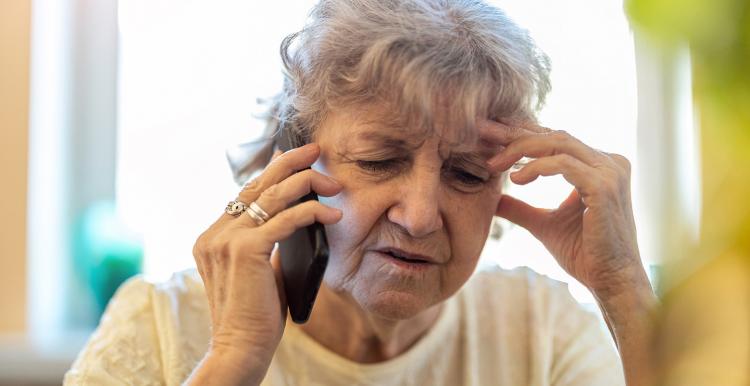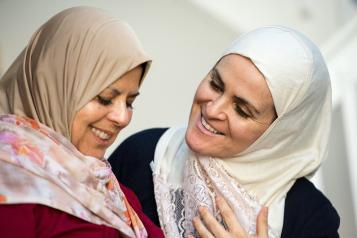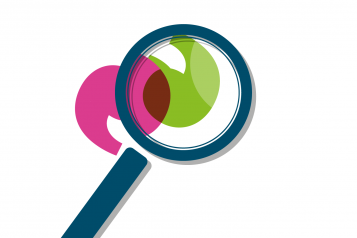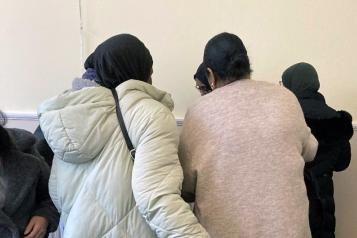Community organisations work together to help residents make informed choices about the COVID-19 vaccine

I have suffered from cancer in the past and had concerns about having the vaccine. I take great care with my diet since being ill and I was worried about the ingredients and content of the vaccine. Arachne staff translated the factsheet for me, which really put my mind at rest. I hadn't wanted to bother my GP with my concerns and was just thinking of giving the vaccine a miss, but I will definitely go for both appointments now that I know it is ok.
The Diverse Communities network is a partnership of Islington-based community organisations supporting residents who experience health inequalities and often find it harder to access services. Healthwatch coordinates this partnership.
Between January and June, the partners have had conversations with 224 residents. Partners have provided reliable information, primarily about the COVID-19 vaccination programme. They have also offered support and advice on a wide range of other topics, from schooling and getting to grips with digital platforms to shielding and social isolation. Ongoing signposting support has been given to help residents access the services they need.
Those residents have shared what they learned with 355 more residents. These were adults who either lived in the same household or belonged to their extended networks of family and friends.
Vaccine hesitancy
As part of these conversations, we asked residents who were worried about getting the Covid vaccine about the reasons for their hesitancy. Here are the main issues. These concerns have been addressed in most cases.
- Some people who have had one dose of the vaccine already did not understand the importance of the second vaccination in providing the strongest possible protection
- Bad reaction to the first vaccine
- Underlying health conditions
- Allergies/Asthma
- Negative or conflicting coverage in the news and social media or from friends and family
- The feeling that the vaccine had been 'rushed through'.
- Mistrust of vaccine ingredients
- Some people questioned the value of a vaccine that wasn’t described as 100% effective, especially against new variants
- Fear of blood clots or other side effects
- Previous Covid infection
Accessing health services during the pandemic
We also asked residents whether they had accessed health services during the last twelve months. If they hadn’t we asked why, and if they had, we asked about the experience.
Most people had not accessed services. The reasons given for this included:
- Desire not to bother GP
- Difficulty getting through to GP
- Lack of translation/interpreting for remote access
For those that had accessed services, their main concerns were:
- Appointments were not long enough
- Long waiting times to access secondary care
Project Impact
This work was made possible with support from the London Community Response fund, which helps groups responding to the needs of communities in the capital affected by the COVID-19 pandemic. We supported 224 residents directly:
- 219 people said that the information we gave them was helpful (9 of these found it partially helpful). 5 didn't find it helpful.
- 203 people felt that they could act on the information they had been given and knew what steps they needed to take. 14 people felt this to be partially true. 7 didn't feel that they could take action.
- The residents who answered negatively did so because they still had concerns about the vaccine and about difficulties accessing support due to immigration status/ lack of English.
- The resources we developed for the project, such as the vaccine fact sheet and our Long Covid questions and answers, have not only been used by our partners' staff and volunteer teams and shared with those residents we reached directly, they have also been shared with other voluntary sector organisations throughout the borough.
Find out more about our partners
We are committed to reducing inequality. We work in a diverse borough. We know that some communities are less able to get their voices heard. To address this in our work we set up the Diverse Communities Health Voice partnership.


